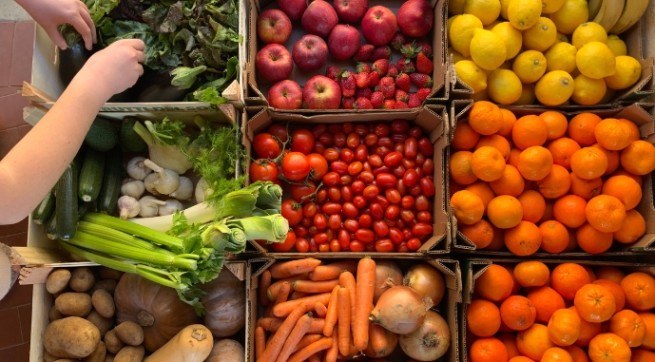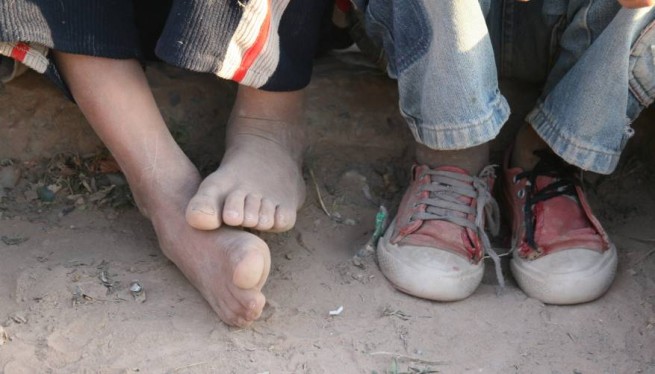The COVID-19 pandemic, the cost of living crisis and the war in Ukraine have pushed 165 million people below the poverty line since 2020, the United Nations said, calling for a “pause” in debt repayments by developing countries to reverse the trend.
Due to the cumulative impact of economic shocks, 75 million people have fallen into extreme poverty (income below $2.15, according to UNDP calculations). the poor will suffer the mostand their incomes in 2023 are projected to remain below pre-pandemic levels,” says the UNDP report titled “The Human Costs of Inaction: Poverty, Social Protection and Debt Service 2020-2023” (“Το ανθρώπινο κόστος της αδράνειας: Φτώχεια, κοινωνική προστασία και εξυπηρέτηση του χρέους, 2020-2023″).
“Countries that have been able to invest in social safety nets over the past three years have prevented a significant number of people from sliding into poverty,” said UNDP chief Achim Steiner.
“In over-indebted countries, there is a correlation between high levels of debt, insufficient social spending and alarmingly high levels of poverty,” experts say. The United Nations Development Program recommends a “pause” in the repayment of public debt in countries that are forced to choose between servicing debts or helping their populations. The report estimates that lifting these 165 million “new poor” out of poverty will cost about $14 billion, in other words, 0.009% of global GDP in 2022, or just under 4% of the amount that developing countries spend on servicing their debts. If add loss of income for people who were already below the poverty line even before the recent shocksthe cost of aid spending would reach 107 billion (0.065% of global GDP, about a quarter of the amount spent on debt servicing).
As of 2020, the world’s poorest countries are over-indebted to cope with the pandemic, higher food and fuel bills due to the war in Ukraine, the fastest inflation in four decades, and higher interest rates.
An estimated 3.3 billion people live in countries that spend more on paying interest to banks or official creditors than on education or caring for their citizens. “This means that the government can no longer pay its teachers, can no longer hire doctors and nurses in hospitals, can no longer provide drugs to rural health centers,” the UNDP said.
All this translates into less medical care, education, social guarantees that can provide temporary relief to people who “through no fault of their own find themselves in a situation where they can no longer feed their families.”
In turn, poverty and the inability of the state to help, to be a service provider, begin to polarize (tune society in terms of class confrontation). “Political polarization, radicalization, loss of political stability, shortages (problems) with fuel imports, shortages of medicines or even basic foodstuffs put society “on the brink,” the experts sum up in the report.







More Stories
Where will Greeks go for Easter: the best domestic and foreign destinations
Fine 1200 euros for the bad habit of Greeks at Easter, who is at risk
UK: human trial of melanoma vaccine started